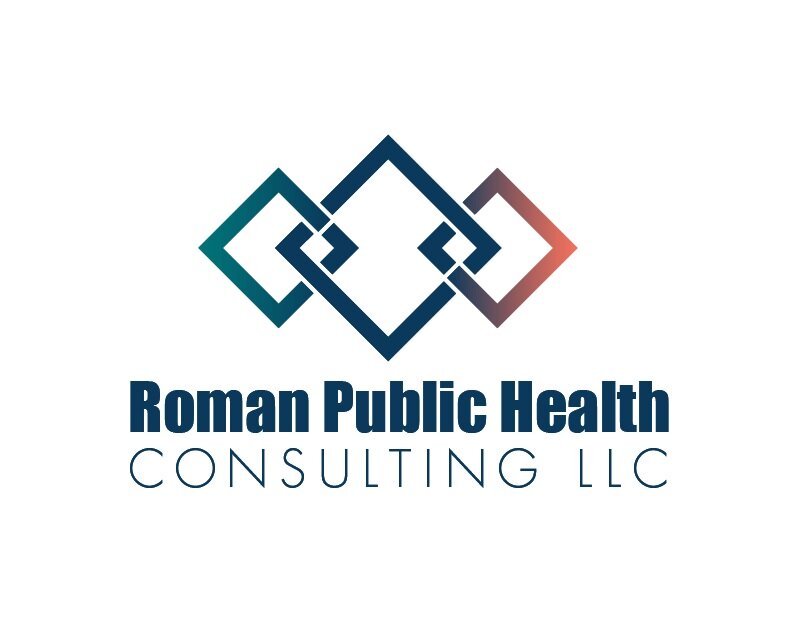How Do I Know When I’m “Expert Enough” To Be A Public Health Consultant?
One of the common questions I get is around fear of not being “expert enough” to be a public health consultant. It often sounds like: “I don’t have enough experience or education to be a consultant.” “How can my MPH compete with a PhD or DrPH who is up for the same consulting job?” “How do you know when you’re ready…when you are finally an “expert”?
I’m sorry to disappoint, but there is no magic milestone (e.g., when you get a doctorate or when you have at least 20 years of work under your belt) that automatically makes you an expert consultant. That moment is different for everyone depending on their experience, work portfolio, niche, ideal clients, and entrepreneurial spirit. I’ve worked with consultants that have been in the field 30+ years with an unbelievable track record of work experience and clients. I’ve also worked with consultants that are less than 5 years out of their master’s program with an incredible niche and service list that is in high demand. Both routes can be very successful.
When you’re assessing your own “expert level”, here are some things to think about:
1. Formal Education and Training: What are your relevant degrees and certifications? Some clients may care about this more than others, but for some it is very important. I’ve had clients hire me to review trainings to confirm that they meet appropriate competencies for certified health education specialists, so having my CHES credential was key to securing those contracts.
2. Real Life Work Examples: In general, clients don’t want to hear that you took a grant writing class in graduate school. They want to hear that when you worked at X agency, you led the writing of a grant that was successfully funded for $5 million. Clients want to see examples of how you solved similar problems in real life. They want you to share that portfolio of work if possible. For example, show them the social media content you developed, online courses or trainings you designed, websites you overhauled, or research and thought leadership you published. You need to have a track record.
3. References: Do you have colleagues, employers, current/former clients that can vouch for the fact that you are an expert and solved similar problems for them or their organization? Again, you need to have a track record.
4. Your Unique Niche: Many public health consultants offer general services (e.g., needs assessment, grant writing, and program evaluation). Do you have a unique niche or signature service that only you can offer? For example, do you have a distinctive niche within public health policy or law? Are you a wiz with data visualization and teach unique and emerging techniques? Do you have specific topic area expertise like suicide prevention in colleges and universities? I.e., Are you an “expert” in a niche that no one (or almost no one) is serving?
5. Can You Explain It?: It’s one thing to be an expert…and it’s another thing to transfer that information to others. In some niches, this communication may not be important (e.g., a client may not want to know the back end details of their web design and coding, they just want it done). In other niches however, it’s important that you can transfer your knowledge and skills to clients through courses, trainings, and other products and services. Be honest: can you teach people what you know?
6. Confidence: For me, part of feeling “expert enough” was feeling confident that my public health knowledge and skills were strong enough to serve my clients. Do you feel ready to be looked to as an expert? Do you feel ready to propose an intervention or evaluation design? Do you feel ready to provide a well-reasoned argument about why you chose the specific design or data analysis or communication strategy that you did? Of course, we all have impostor syndrome sneak in and feel nervous when we tackle a new type of project or high profile client….BUT deep down you need to be confident that you have the appropriate training, education, and experience to successfully complete your client projects.
If you’re still worried about hitting that magic “expert” milestone, just remember- consultants are always learning. We never stop. Whether it’s new public health research, new technology, new ways of offering products and services, new ways of connecting with clients. It’s an ongoing process. I aim to dedicate one day a week to professional development, where I participate in a mastermind group, listen to relevant podcasts, read pertinent literature or articles, and engage in important conversations on social media.
We are lifetime learners who need to keep earning our “expert” title.
I’d love to hear from readers! Looking over this list of six criteria I’ve compiled to assess your “expert” status:
What else would you add? What other criteria helps determine an “expert”?
What item on this list feels most intimating? What is/was the hardest to overcome when planning or launching your consulting business?

